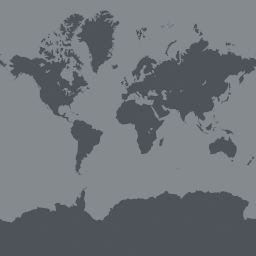Traditional medicines, particularly herbal ones, form an important and widespread component of the health-care system in Ghana. In fact, its high floristic and cultural diversity has a major impact on both local economies and biodiversity conservation.
Many species of medicinal plants are imperiled in Ghana due to threats from habitat loss, land-use and climate change, and unsustainable harvesting in the wild. However, no authoritative checklist of threatened medicinal plants exists for the country, and national policy decisions have yet to study or assess impacts on them.
In addition, very little digital information about Ghana's medicinal plants is available for wider use, despite considerable documentation about human uses of them. Digitization and knowledge sharing are critical for preserving this indigenous cultural heritage and conserving the country's plant diversity, so this project seeks not just to mobilize data on the threatened medicial plants of Ghana but also to enhance human capacity for digitizing and openly sharing it.
The team will engage major stakeholders in Ghana's medicinal plant industry and develop information products useful for national policy and decision-making on the country's medicinal plant resources.
Project Progress
The project began to digitize the medicinal plant data on a pilot scale at partner institutions. This was done to ensure digital preservation of indigenous cultured heritage. A checklist of threatened medicinal plants for Ghana was catalogued through a stakeholder's meeting at the Centre for Plant Medicine.
A team member attened a BID Capacity Enhancement Workshop in Cape Town, South Africa. The project held an event of its own; a knowlegde dissemination workshop.
Biodiversity data on medicinal plants had been captured, georeferenced and cleaned in the partner institutions by the end of 2018.
The major outcomes of the project has been the digitazation of information and the production of manuscripts. Furthermore, several datasets have been published on the GBIF website.


